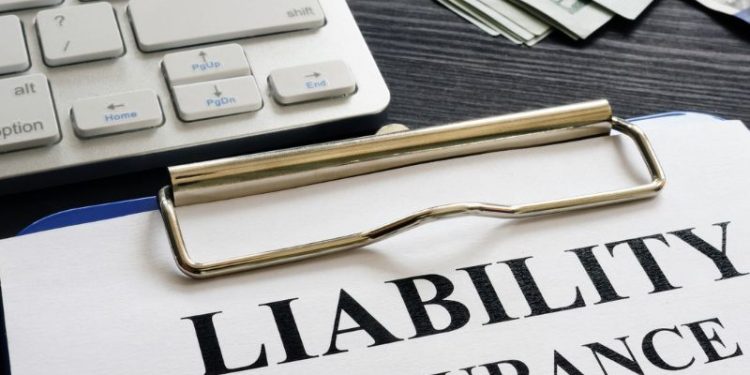As a small business owner, you invest time, energy, and resources into your venture, striving to make it successful and sustainable. However, with business operations come various risks that could potentially derail your progress.
One crucial step in safeguarding your business against unforeseen liabilities is securing the right liability insurance. This guide will help you understand what liability insurance is, why it’s essential, and how to choose the best coverage for your small business.
1. What is Liability Insurance?
Liability insurance is a type of coverage designed to protect businesses from claims resulting from injuries, accidents, or negligence.
It can cover legal costs and any payouts for which the insured party would be responsible if found legally liable. For small businesses, this insurance is a financial safety net that helps mitigate the risk of significant out-of-pocket expenses.
2. Types of Liability Insurance
1. General Liability Insurance: This is the most common type of liability insurance for small businesses. It covers third-party bodily injuries, property damage, and advertising injuries. For example, if a customer slips and falls in your store, general liability insurance would cover their medical expenses and any legal fees if they decide to sue.
2. Professional Liability Insurance: Also known as errors and omissions (E&O) insurance, this coverage is essential for businesses that provide professional services or advice. It protects against claims of negligence, misrepresentation, and inaccurate advice. For instance, if a client claims that your consulting services led to financial loss, professional liability insurance would help cover legal costs and settlements.
3. Product Liability Insurance: If your business manufactures, distributes, or sells products, product liability insurance is crucial. It covers legal costs and damages if a product defect causes injury or harm. This type of insurance ensures that one faulty product does not lead to financial ruin.
4. Cyber Liability Insurance: In today’s digital age, cyber liability insurance is increasingly important. It covers the costs associated with data breaches, cyberattacks, and other cyber-related incidents. This includes legal fees, notification costs, and credit monitoring for affected customers.
3. Why is Liability Insurance Important?
1. Financial Protection: Lawsuits can be costly, and without liability insurance, your business might struggle to cover legal fees, settlements, or judgments. Liability insurance ensures that a single incident does not lead to financial devastation.
2. Legal Compliance: In some industries, liability insurance is a legal requirement. Even if it isn’t mandatory, many clients and partners may require proof of insurance before doing business with you.
3. Reputation Management: Handling claims professionally and efficiently can help maintain your business’s reputation. Liability insurance can facilitate quicker resolutions to disputes, showing that your business is responsible and trustworthy.
4. Peace of Mind: Knowing that your business is protected against potential claims allows you to focus on growth and development without constantly worrying about unforeseen liabilities.
4. Choosing the Right Liability Insurance
Selecting the right liability insurance for your small business involves several key steps:
1. Assess Your Risks: Evaluate the specific risks associated with your business operations. Consider factors like industry, location, and the nature of your products or services. This assessment will help determine which types of liability insurance are most relevant.
2. Compare Coverage Options: Different insurers offer various coverage options and limits. Compare policies from multiple providers to find the best fit for your business needs. Pay attention to the extent of coverage, exclusions, and deductibles.
3. Consider Your Budget: While it’s tempting to choose the cheapest policy, it’s crucial to ensure that it provides adequate coverage. Balance your budget with the need for comprehensive protection.
4. Consult an Insurance Broker: An experienced insurance broker can provide valuable insights and help you navigate the complexities of liability insurance. They can recommend policies tailored to your business and assist with any questions you may have.
5. Review Regularly: As your business grows and evolves, your insurance needs may change. Regularly review and update your liability insurance to ensure it continues to offer the necessary protection.
Conclusion
Liability insurance is an essential component of a robust risk management strategy for small businesses. By understanding the different types of liability insurance and selecting the right coverage, you can protect your business from unforeseen claims and focus on achieving long-term success.
Don’t wait for an incident to occur, take proactive steps today to secure your business’s future.
Investing in liability insurance is not just about compliance or fulfilling contractual obligations; it’s about safeguarding your hard-earned success and ensuring that your business can weather any storm.
With the right coverage in place, you can confidently navigate the challenges of entrepreneurship and build a resilient, thriving business.
For more informational content, visit our blog: MagKnows
















